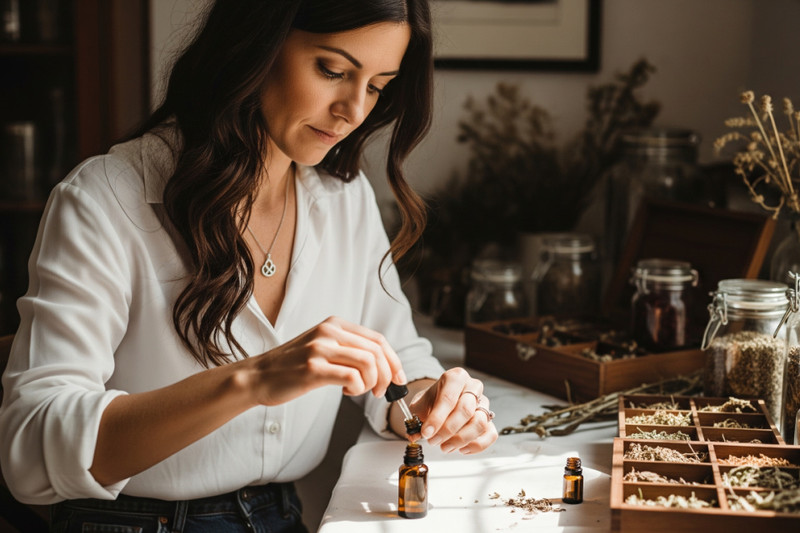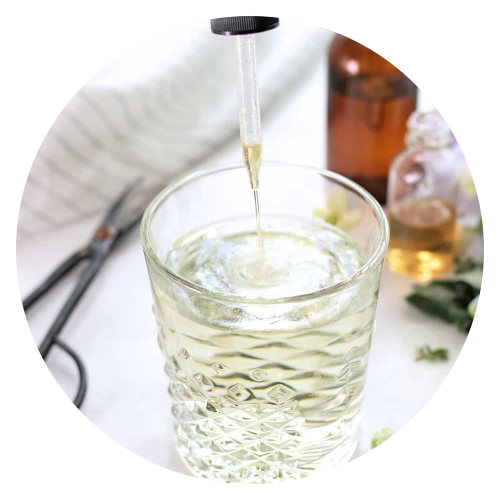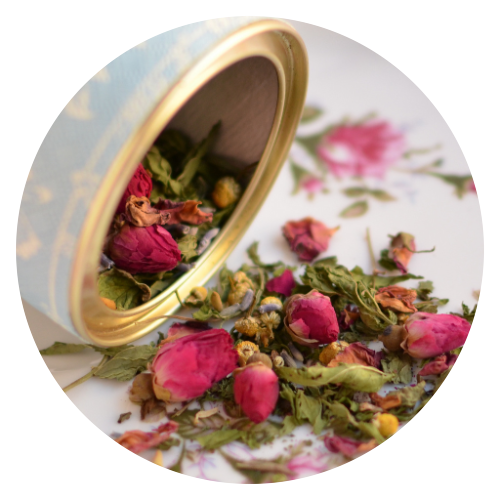Essential Oils Are Highly Concentrated
It takes several hundred pounds of plant to produce one pound of essential oil. Because of this, they are not recommended to be taken internally. I know that some of you have heard otherwise from MLM reps, but I get my information from being trained by the professionals in my field.
Oils Not to Use When Pregnant
Aniseed, Angelica, Basil, Black pepper, Camphor, Cinnamon, Chamomile, Clary Sage (is used safely on pregnant women by professionals), clove, fennel, fir, ginger, horseradish (not safe for anyone), Jasmine, Juniper, Marjoram, Mustard, Mugwart (not safe for anyone), Myrrh, Nutmeg, Oregano, Peppermint, Rosemary, Sage, Thyme, Wintergreen.
Cautions For Use With Children
Oils that contain menthol and 1,8-cineole should be used with great caution with children under ten and should never be given internally or used without dilution. These oils include eucalyptus, peppermint, rosemary, and wintergreen. These oils can hinder breathing in young children, or even adults when respiratory problems exist. See our dilution chart for children.
Photosensitivity Warning
Even properly diluted essential oils can be a problem when using oils that are photosensitive, such as many of the citrus oils. These oils should not be used topically if you will be exposed to direct sunlight within 8 hours. Oils that are photosensitive react to UV light and may cause a severe rash.
Storage and Handling
Storing essential oils properly and proper handling will save your investment by protecting the quality of the oil, as well as its potency.
- Store your oils in a clean amber glass bottle. Essential oils will break down plastic, which will compromise the oil.
- Do not store oils with a dropper top. The oils will break down the rubber over time.
- Store your oils in a cool dark place.
- Do not open essential oils when they are warm from shipment or a hot car ride home. Allowing them to completely cool before opening will protect that shelf life.
- Store essential oils away from the reach of children. While good quality essential oils are natural, pure, and of high quality, they are still an extremely concentrated form of the essence of a plant. They can burn when allowed to get in the eyes.
- Essential oils should never being taken internally without the approval of a certified aromatherapist or physician.
When NOT to Use Your Oils in a Diffuser
Essential oils that have been blended with carrier oil (fractionated coconut oil, sweet almond oil, argan oil, olive oil, or rose hipseed oil) cannot be used in a diffuser. A practitioner blends essential oils with a carrier oil in preparation for you to use them topically, but the carrier oil is not suitable for a diffuser. Only use 100% pure, undiluted essential oils in a diffuser.
What To Do If Your Skin Feels Like It Is Burning
To avoid this becoming an issue, always dilute essential oils before using topically. It is also a good idea to follow the instruction of a certified aromatherapist if you are unsure of how to safely use essential oils.
You can test a small bit of the blend that you intend to treat yourself with on the inside of your arm. It's always a good idea to do a skin test before you actually are in need of the oil. It is no fun to have a cold and have to wait for the next day to take something. If you have applied an essential oil that feels hot on your skin, add a carrier oil over the area. You can even use olive oil from the kitchen cupboard.



